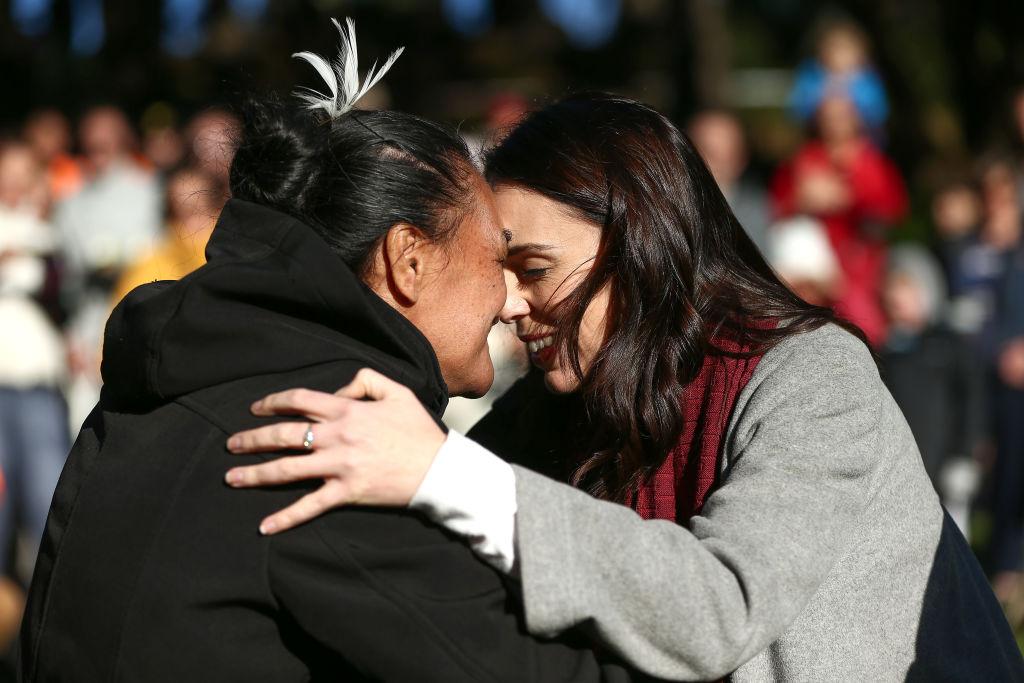The push to give the Indigenous people of New Zealand an equal voice in government and various bodies has devolved into a power-grabbing contest between a small group of affluent individuals, according to a Maori commentator.
Casey Costello, a founding trustee of lobby group Hobson’s Pledge, told The Epoch Times that the policy of “co-governance” between the government and Maori tribes had become a “runaway freight train” where the concept of government accountability and equality before the law has been lost.





